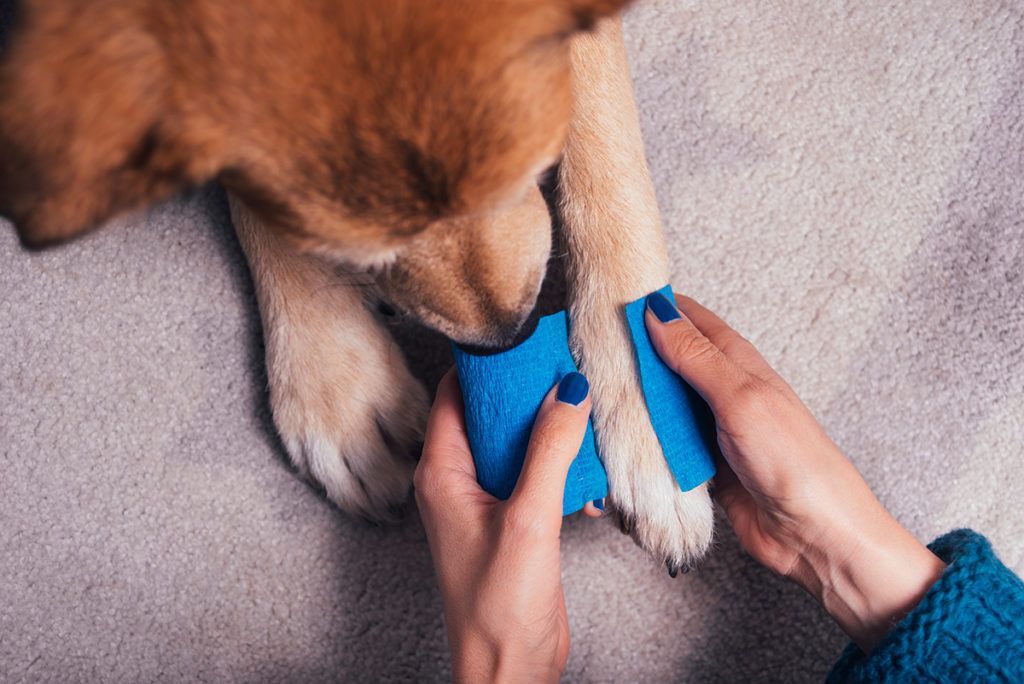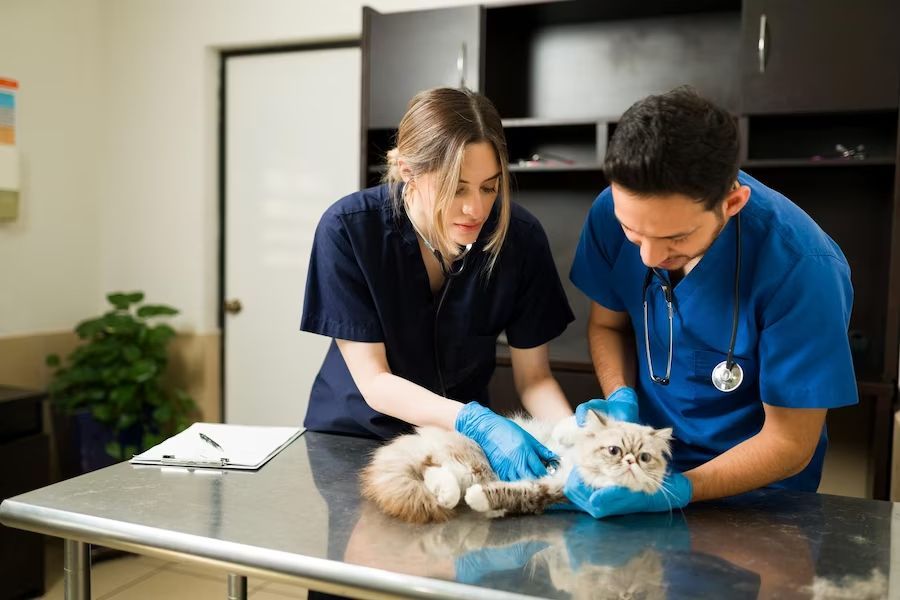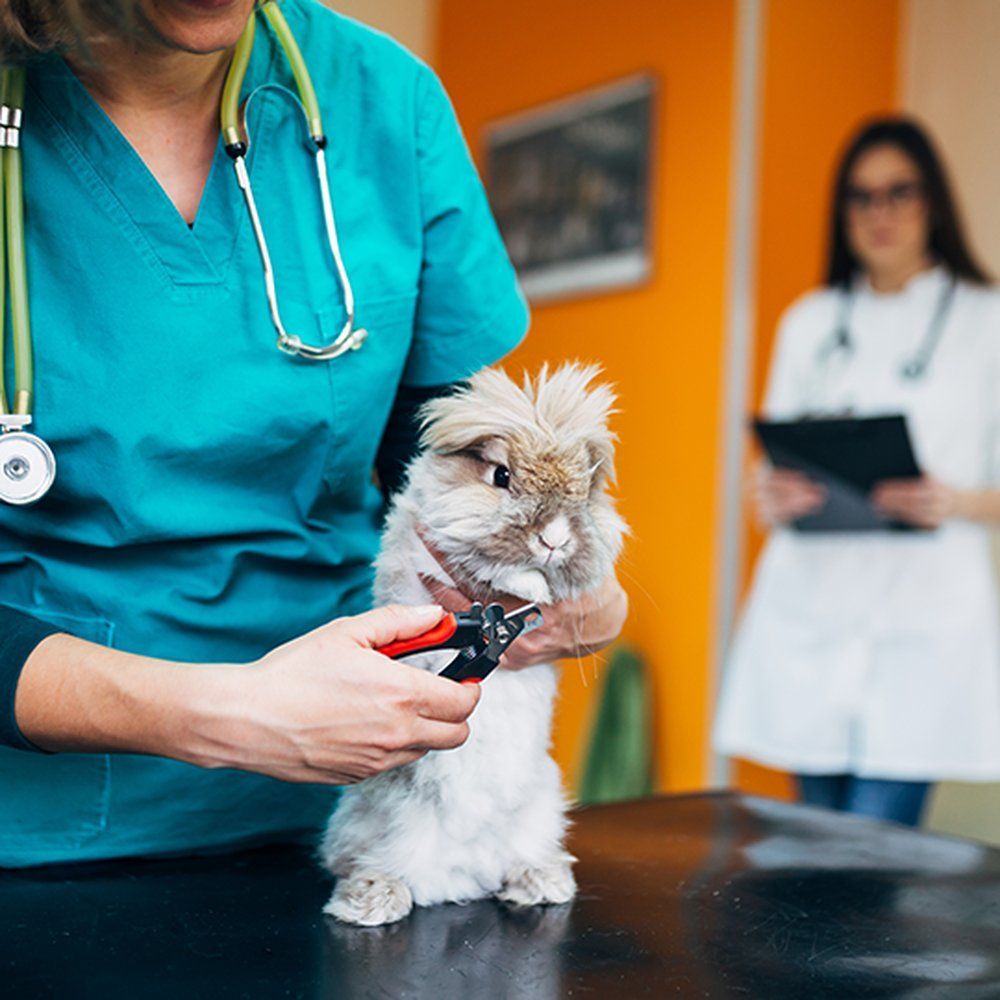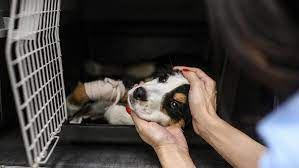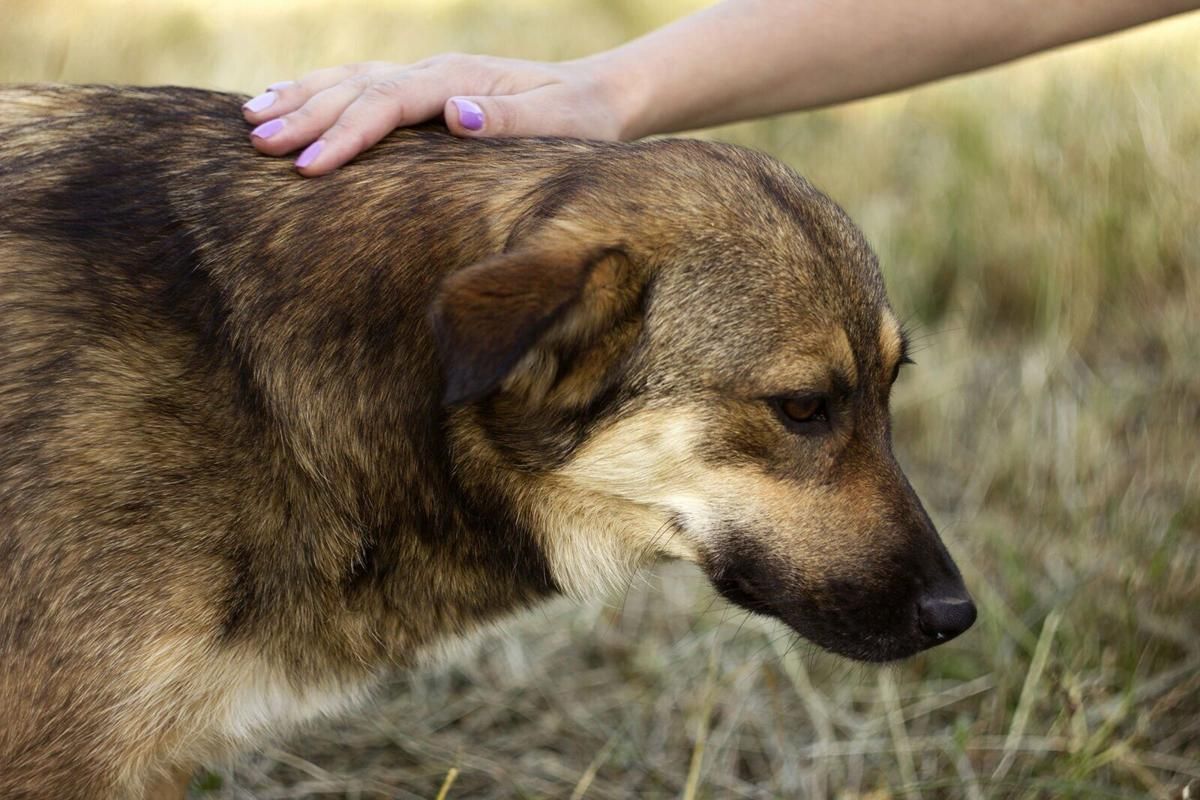Common Pet Emergencies in Greenwich, CT
Do you live in Greenwich, Connecticut, or the surrounding areas? Are you a pet owner? Do you know which potential risks and hazards you should pay attention to when it comes to the safety of your pet?
Although Greenwich is a relatively safe place to live and to have a pet, it’s still a good idea to brush up on potential pet emergencies you may face in this area. In the article below, you’ll find information about some of the most common pet emergencies in and around Greenwich, CT. With the help of this guide, you can prepare for emergencies and be ready to respond if they occur.
Frostbite
In Greenwich, winter weather can become severe enough that your pet may be at risk of developing frostbite. Any pet who goes outside in below-freezing temperatures, even just for bathroom breaks, can be at risk.
Frostbite commonly occurs on the ears, paw pads, and nose but it can be present on any area of exposed skin or where hair is thin. If your pet’s skin feels cold and brittle to the touch, or if it turns gray or blue, go to the emergency vet for treatment for treatment.
Ingestion of Toxic Substances
Poisoning can occur any time a pet ingests something toxic. Some common household items that can be toxic to animals include antifreeze, medications (Tylenol, Ibuprofen, etc.), types of houseplants, and food items like grapes, chocolate, or onions.
If you know or suspect that your pet has ingested something toxic, don’t wait to take him or her to the emergency vet. You may be advised to contact a veterinary toxicologist who will work with your veterinarian to treat your pet as effectively as possible. The sooner your pet is treated, the sooner he or she will be on the road to recovery.
Allergic Reaction
Allergic reactions can develop secondary to insect bites, vaccinations, chemicals, or medications. Minor allergic reactions typically do not require a trip to the emergency vet; however, moderate to severe allergic reactions require immediate emergency care. If your pet develops swelling of the face or muzzle, hives, excessive salivation, vomiting, diarrhea, or changes in breathing, go to the emergency vet immediately and let them know what you believe may have caused this response.
Acute Injury/Trauma
Acute injury refers to any injury that happens suddenly, rather than something related to a chronic health problem or illness. Common acute injuries include: vehicle-related trauma and household injuries (broken bones, ligament tears, etc.), although pets may be at risk of other injuries depending on their lifestyle, too.
If your pet is hurt, evaluation by a veterinarian is recommended. Pets may be very good at hiding their pain, but even if your pet seems to be fine, there is a chance he or she could be experiencing internal damage or bleeding. He or she may need prompt medical care to recover from the injury.
Heatstroke
Heatstroke may seem unlikely in Connecticut, but it is quite common, even in the Greenwich area. Pets in Greenwich may be prone to developing heatstroke during the hotter parts of the year. Heatstroke can occur in any pet who overexerts themselves or herself in the sun or on a very hot day or is left outdoors for prolonged periods. It may also happen if your pet is left unattended in a vehicle, even on a day that feels relatively mild to you.
To prevent heatstroke, keep your pet inside with the air conditioning or a fan on, very hot days and also make sure your pet has access to clean, cool water on hot days. Do not leave your pet alone in your vehicle at any time, as the temperature inside can quickly rise to dangerous levels. Also, always make sure your pet has access to clean, cool water when it’s hot out.
Fight With Another Animal
With many pets living in this area, your pet may get into an altercation with another animal. Your pet could be injured by another pet, a stray animal, or even a wild animal, depending on your pet’s activities. If your pet is injured by another animal go to the emergency vet where he or she can be assessed for signs of serious injury and can be treated as needed in case of infection or exposure to rabies.
Bring Your Pet to 24/7 Local Veterinarian For Any Common Pet Emergency in Greenwich, CT
With the help of this information, you can learn how to recognize potential health hazards and safety risks for your pet. Learning about these common emergencies can help you prepare for the possibility of your pet facing one or more during her lifetime, and you’ll have more peace of mind if you know you’re well prepared.
One of the best ways to prepare for a pet emergency is to find a quality emergency vet in your area beforehand. With the help of a good emergency vet in Greenwich, you can respond efficiently and quickly to an emergency and help your pet have the best chance of recovery.
24/7 Local Veterinarian has locations all over the country and we are excited to be opening a new location in Greenwich, C . Our emergency vets care about your pet’s well-being as much as you do and are equipped to handle all common pet emergencies that will come through our door. We’re looking forward to being your partner in your pet’s care.
Contact with your local vet for the best advise
Resource Center
